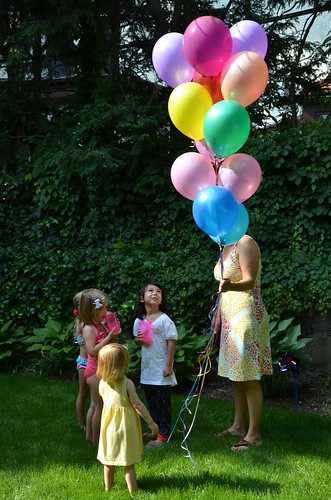
Krivoth gestured with two folded black claws and his mandibles clicked a hard, wet rhythm as he spoke. “In here is the break room. Coffee, snacks, suffering-sticks, fresh fruit, ichor, the usual.” Ms. Pollibutton’s sagging, chinless face reflected a thousand times over in Krivoth’s faceted red eye. “You get one fifteen minute break every four millennia.” The tone in his lubricated clacking voice suggested he expected some resistance on this point. Ms. Pollibutton remained stoic and pushed her glasses back up her nose.
After a somewhat disappointed pause, Krivoth’s hind legs drummed in sequence creating an agitated, impatient air. “Anyway, moving on,” he said. The tour continued, Krivoth being sure to tick off the points of interest: The Floundering Abyss; The City of Pain; Dyre Labyrinth; Nightmare Valley. Ms. Pollibutton nodded politely at each, never slowing her short, rapid strides. The soft clink of her Cromwell buckles steadied into an incessant grate against Krivoth’s nerves.
“So here’s your workstation,” he said after an age. The loose folds of Ms. Pollibutton’s throat wobbled ever so slightly as she ran a white glove along the dusty outcropping of red stone. A massive anthropodermic book lay on the slab desk.
Krivoth flipped the book open to a page marked with a bone hook using his spiked foreleg. “It works like this: an entrant will arrive at processing. Once Foharr is finished with intake and cleaning, Sinestine will usher it in here. You record the data and let Nesti know which plane is next in the rotation. This is important, okay? If you start double- or triple-stacking the Murdergrounds or whatever, you’re going to have some very grouchy underdaemons. We can’t torment properly if we don’t have time to do the orientations.”







